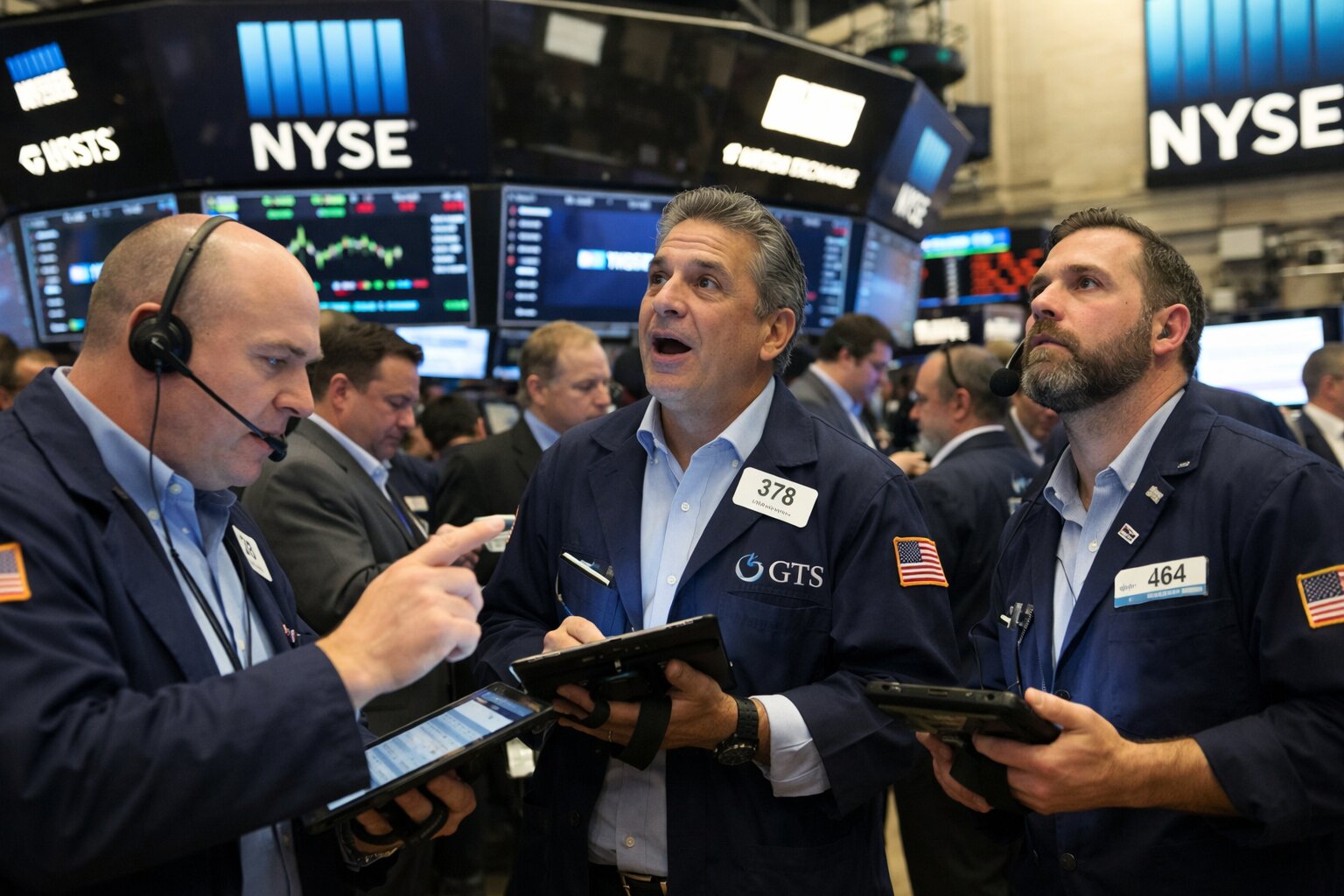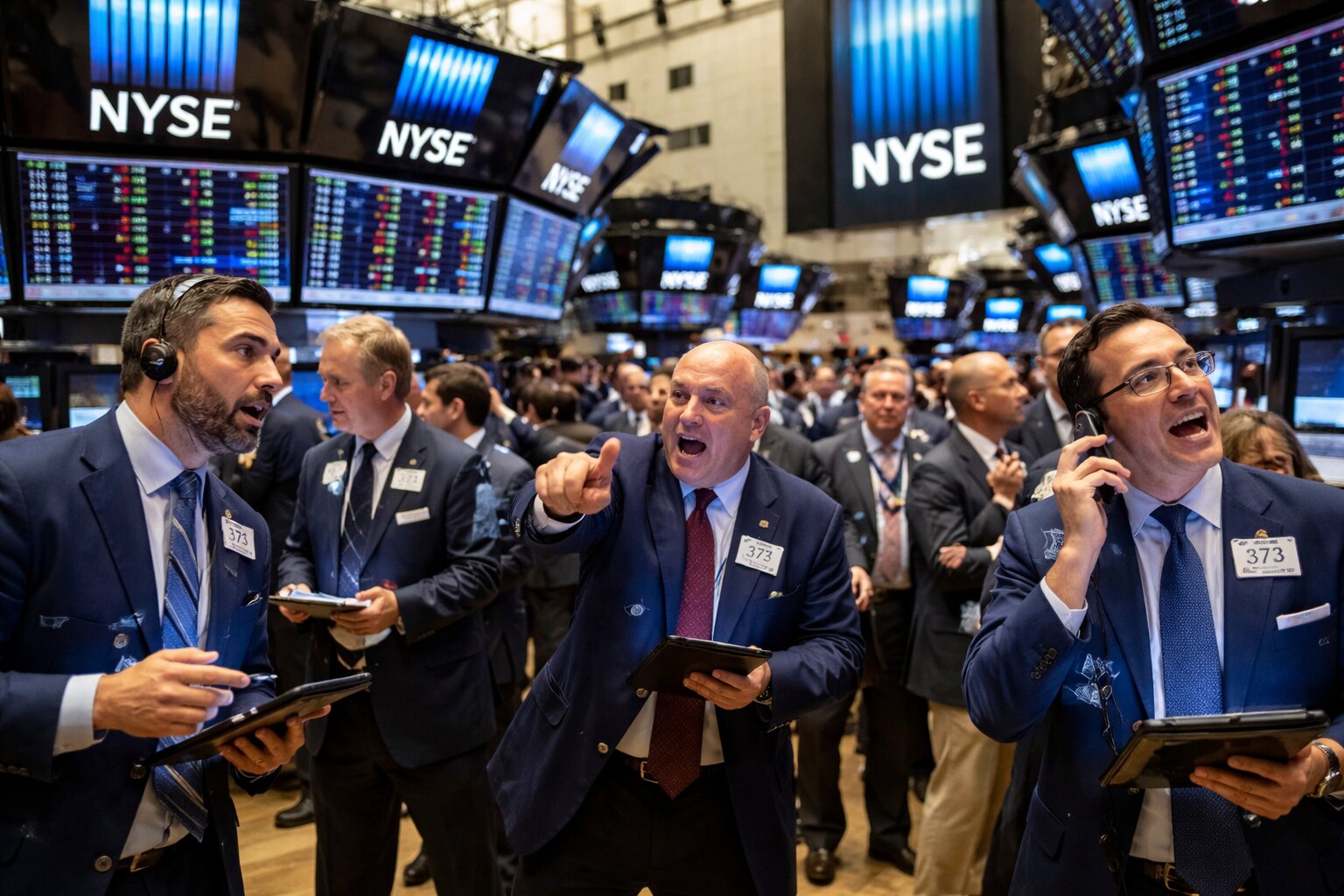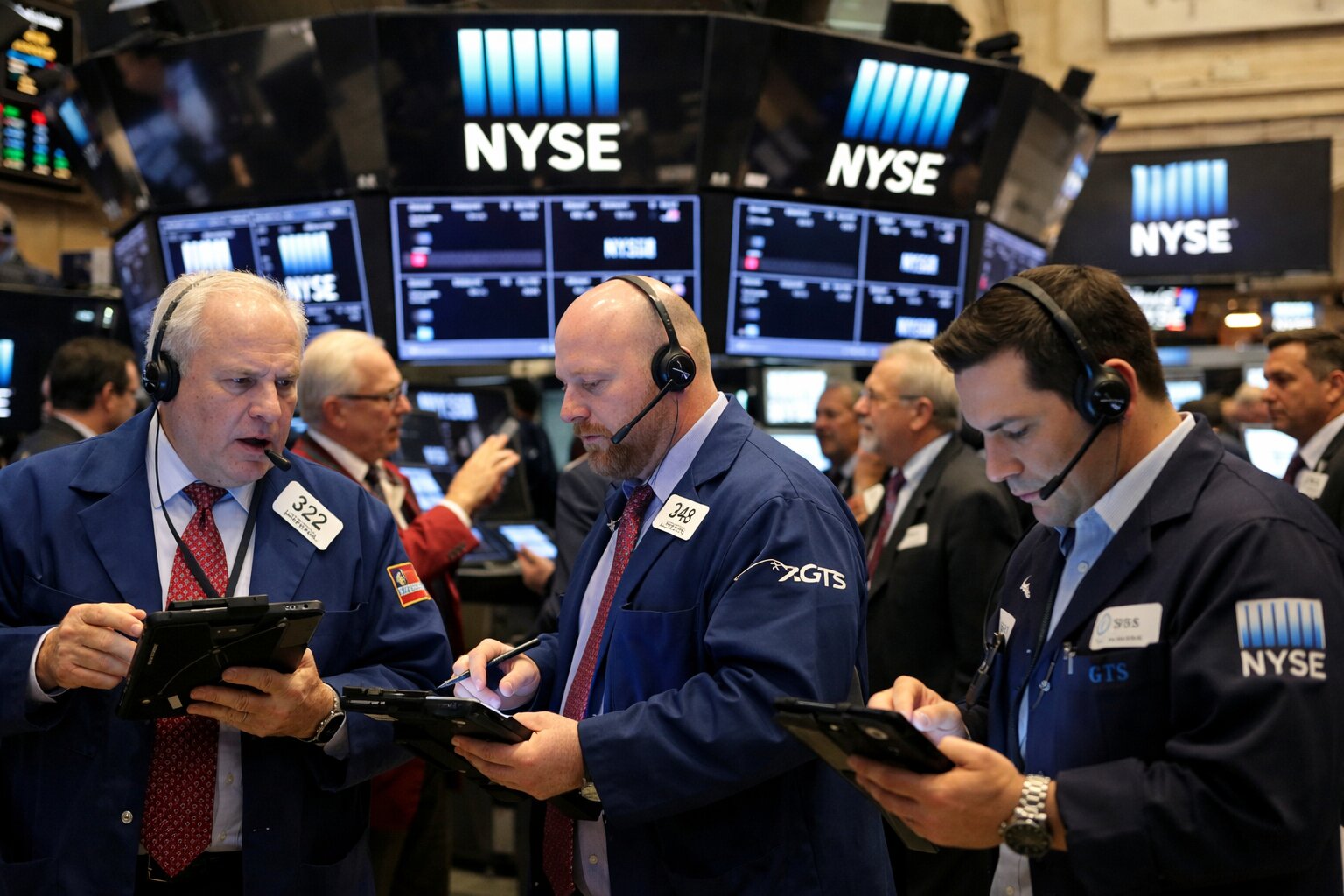
BlackRock and JPMorgan Chase Reevaluate Growth Forecasts Amid Chinese Market Uncertainties
BlackRock and JPMorgan Rethink Bullish Stance on China Amid Uncertainty
Global financial giants Nomura, Morgan Stanley, and Goldman Sachs are adjusting their expectations for Chinese equities, reducing their market valuations and upside targets as the country continues to grapple with the implications of a post-pandemic recovery. This changing sentiment reflects broader uncertainties within China's economic landscape, from weakened economic indicators and burgeoning tech competition to the simmering geopolitical tensions that have surfaced in recent months.
Japan's largest brokerage, Nomura, reduced its year-end target for the MSCI China Index from 75.3 to 67, as cited in a June 4 report to its clientele. This change follows several unfavorable economic reports from April and May. The other big player, Morgan Stanley, is now projecting the MSCI China Index to reach 70 by June 2024, marking the first adjustment since January. Earlier, it had set an optimistic target of 80 by the end of 2023, inspired by the prospect of economic reopening.
Economic difficulties have been surfacing since Beijing began to relax its zero-Covid policy in November. A drop in export demand, coupled with China's strained relations with the West on topics ranging from semiconductors to military matters, has led to a dwindling confidence in Chinese assets. The Yuan's value has depreciated against the US dollar to a level unseen since November.
As Nomura analysts, including Chetan Seth, pointed out in their report, investor sentiment towards China remains fragile. Concerns over the sustainability of China's recovery persist, particularly given the lack of additional stimulus and a rebound in the property market. The report added, "Our targets still suggest China should outperform by the end of this year but near-term catalysts are lacking.”
The downward trend of Chinese equities has further implications on a global scale. Chinese stocks listed in Hong Kong experienced consistent losses in April and May, leading the Hang Seng Index to plunge by over 20% from its peak on January 27. In tandem, the MSCI China Index, which tracks 715 companies listed domestically and internationally, has witnessed a 19% slump from its peak, culminating in a US$382 billion sell-off.
This financial turbulence has caused investors to reallocate funds to other flourishing markets in the region, such as India and Japan. Hedge funds, for instance, have decreased their Chinese positions over the past four months from a peak of 13.3% in January to 9.1% now, as reported by Goldman Sachs.
Echoing this sentiment, Goldman Sachs, a renowned global investment banking firm, has cut its 12-month target for the MSCI China Index from 80 to 70. This decision followed two weeks after it had already downscaled its earnings forecasts and market valuation. Similarly, Morgan Stanley lessened its overweight exposure to China from 50 basis points to 25, in reflection of the increased risk.
Despite these setbacks, both Nomura and Morgan Stanley strategists remain partial to stocks listed on mainland exchanges over those traded in Hong Kong. Their preferences stem from better prospects of earnings growth and onshore liquidity, along with state support for specific promoted sectors.
Laura Wang, Morgan Stanley's top China strategist, mentioned in a report that policymakers in China are likely to ramp up easing measures around late June or early July. This step could spearhead a broad consumption-led recovery in the second half of 2023. However, the optimism comes with significant hurdles to overcome and a narrowing window for investors to reassess the market's potential.
As it stands, Morgan Stanley has slashed its targets for key stock indices due to delayed earnings recovery, a weakened currency outlook, and geopolitical uncertainties. The revised target for the Hang Seng China Enterprises Index is now set at 7,320, down from 8,250. This suggests a potential gain of about 15% each through June 2024 from the latest closing prices.
Morgan Stanley's recent decisions mirror those of Goldman Sachs, which also reduced its MSCI China target due to similar concerns over earnings and currency. This combined withdrawal underscores the rapid decline in optimism towards Chinese shares. Just months ago, the sentiment was quite the opposite, with Wall Street's major banks showing bullish attitudes amid China's reopening frenzy.
A stalling economy and geopolitical tensions have put significant strain on key Chinese indices, with MSCI China and the HSCEI gauge slipping into a bear market. The recent rally sparked by expectations of further property market support and dip buying appears to be a temporary respite rather than a sustainable recovery.
Despite the prevailing uncertainties, strategists are still favoring shares listed on the mainland, primarily due to the potential for a re-rating of state-owned enterprises and better liquidity conditions. Consequently, the latest target for the CSI 300 Index, set at 4,620 for June 2024, is higher than the previous 4,500 for December 2023. These adjustments reflect the evolving sentiments and strategic positions of these financial powerhouses as they navigate the shifting economic landscape in China.
Read More
-
GPIQ ETF Price Forecast: Can a 10% Yield at $52 Survive the Next Nasdaq Selloff?
09.02.2026 · TradingNEWS ArchiveStocks
-
XRP ETF Price Forecast: XRPI at $8.32, XRPR at $11.86 as $44.95M Inflows Defy BTC and ETH Outflows
09.02.2026 · TradingNEWS ArchiveCrypto
-
Natural Gas Futures Price Forecast: Will The $3.00 Floor Hold After The $7 Winter Spike?
09.02.2026 · TradingNEWS ArchiveCommodities
-
Stock Market Today: Dow Back Under 50K While S&P 500 and Nasdaq Push Higher as Gold Reclaims $5,000
09.02.2026 · TradingNEWS ArchiveMarkets
-
USD/JPY Price Forecast: Can Bulls Clear 157.5 Without Triggering a 160 Intervention Line?
09.02.2026 · TradingNEWS ArchiveForex



















